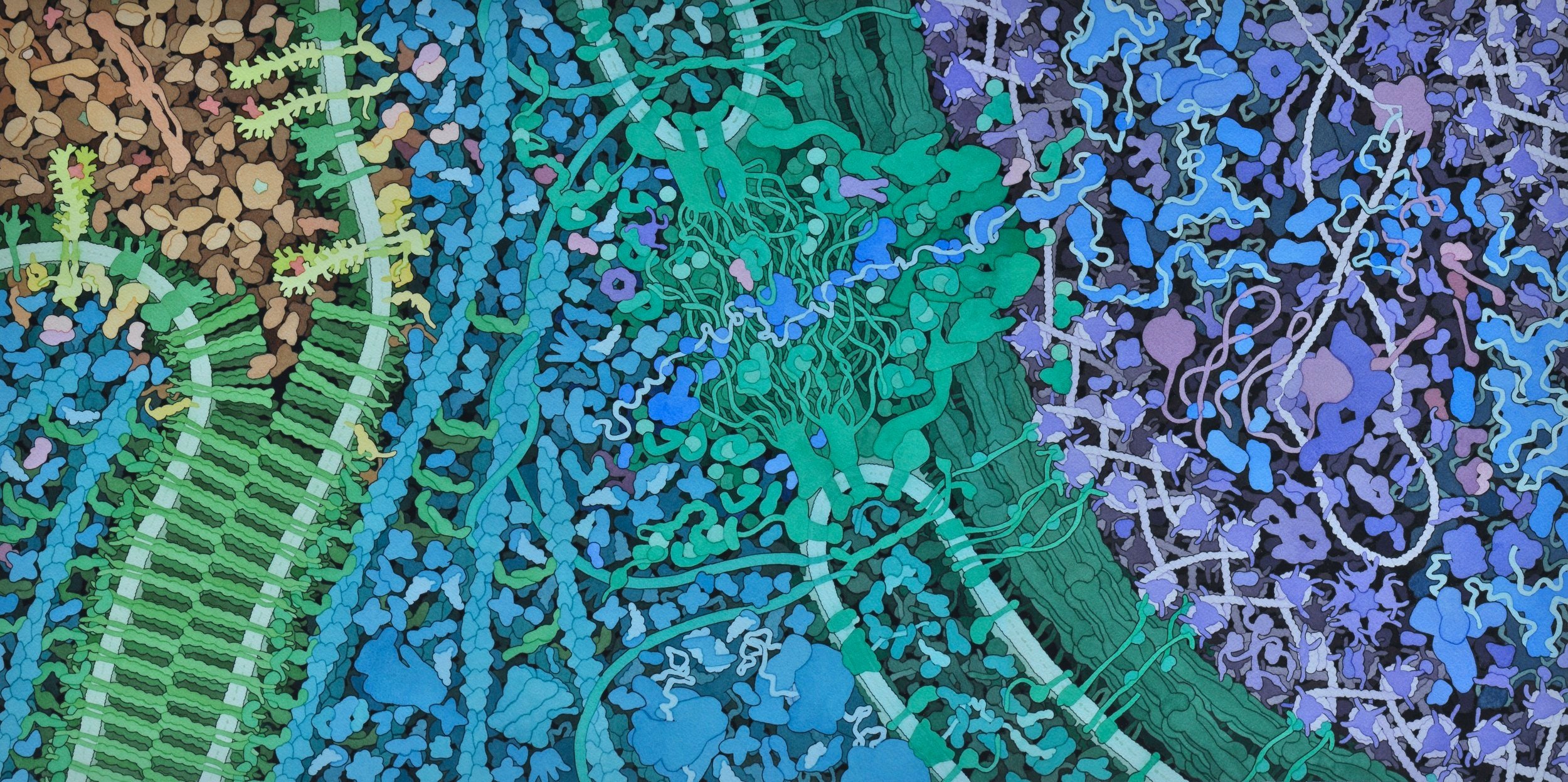
The Cravatt Lab
Protein and Ligand Discovery on a Global Scale
Genomics has revolutionized our understanding of the genetic basis of human physiology and disease. Nonetheless, many disease-relevant genes code for proteins that remain poorly characterized and therapeutically unactionable due, in large part, to a dearth of selective chemical tools. Our research aims to address this challenge by developing and applying innovative chemical proteomic platforms, such as activity-based protein profiling, to enrich our understanding of disease-relevant proteins and to accelerate the discovery of chemical probes for these proteins.
Recent Publications
Goetzke, F. W.; Bernard, S. M.; Ju, C.-W.; Pollock, J.; DeMeester, K. E.; Gross, J.; Simon, G. M.; He, C.; Melillo, B.; Cravatt, B. F. Complexoform-restricted covalent TRMT112 ligands that allosterically agonize METTL5. Nat Chem Biol 2026. DOI: 10.1038/s41589-025-02099-5.
Won, S. J., Zhang, Y., Reinhardt, C. J., Hargis, L. M., MacRae, N. S., DeMeester, K. E., Njomen, E., Remsberg, J. R., Melillo, B., Cravatt, B. F., & Erb, M. A. (2024). Redirecting the pioneering function of FOXA1 with covalent small molecules. Mol Cell. https://doi.org/10.1016/j.molcel.2024.09.024
Njomen, E., Hayward, R. E., DeMeester, K. E., Ogasawara, D., Dix, M. M., Nguyen, T., Ashby, P., Simon, G. M., Schreiber, S. L., Melillo, B., & Cravatt, B. F. (2024). Multi-tiered chemical proteomic maps of tryptoline acrylamide–protein interactions in cancer cells. Nature Chemistry. https://doi.org/10.1038/s41557-024-01601-1
Cover Illustration by David S. Goodsell, RCSB Protein Data Bank. doi: 10.2210/rcsb_pdb/goodsell-gallery-041
